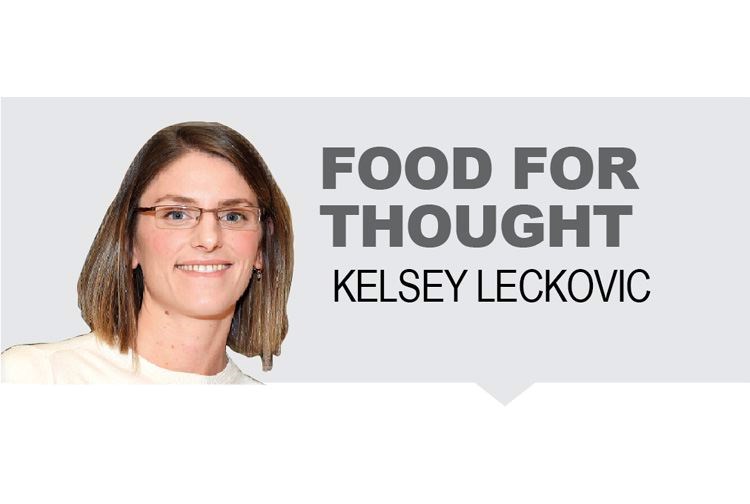As a Dietitian in hospital, I often receive referrals for elderly patients who have been struggling to eat enough at home. In following-up with these referrals I regularly find that once these patients are in a supportive environment, where meals are prepared and provided, they are able to meet their needs, maintain their weight and prevent a greater level of malnutrition.
A hospital environment can create the false impression that a patient's issues with malnutrition have resolved, when all that has happened is that the patient has now been provided with healthy, safe, personally acceptable food and, as a result, is able to eat enough for what they require. While it's wonderful to see a patient's health improve as their nutritional intake improves, this environment is only temporarily addressing a larger issue for that patient: they couldn't provide themselves with enough food to meet their needs while living independently.
When I'm presented with patients like this, I have many questions regarding why they were not meeting their nutritional needs at home. Why were they losing weight/deteriorating at home? Could they access a grocery store? Are there food security/affordability issues? Are they lacking food skills? Do they have cognitive issues? (i.e. dementia) Was a medical condition affecting their ability to purchase and prepare meals? Etc.
A lack of appetite is not always the reason for inadequate intake. The answer to ensuring that an elderly patient has issues relating to poor intake addressed sometimes seems simple: remove the barriers that are preventing that patient from eating enough while they are living independently at home. The simple answer is a tall order to ask for an elderly individual living in Prince George.
Family members who are concerned about their loved one's nutrition often have three, less than ideal options. Option 1. Friends and family can commit the time and effort to preparing and providing all of their loved one's meals, which is sometimes an impossible option since they may need to deliver meals three times per day. Option 2. If they can afford to do so, the family can pay a private care provider to assist their loved one with grocery shopping and daily meal preparation. Option 3. The family may need to consider a higher level of care if options 1 and 2 are not feasible.
When a senior cannot receive assistance with meal preparation at home, meal delivery is the next logical option. However, Prince George only has one low-cost meal delivery program: Meals on Wheels. Although the program is providing a valuable service to this community, they are not currently able to meet the needs of all those who require their service, partially due to volunteer constraints and a lengthy waitlist.
While there are restaurants, shelters, food banks, hampers and centres that provide low-cost or free meals in Prince George, an individual would need to be able to travel to those locations to access those services. This is a huge barrier for many seniors.
Better Meals, which is a Burnaby-based low-cost meal delivery service offers delivery to many communities in British Columbia, including quite a few outside the lower mainland. Unfortunately, the company does not currently offer their services to Prince George residents, but said they would be open to expanding their delivery to Prince George if there was an increase in demand. In other words, more people would have to voice their need for this service.
This, once again, tells me that if malnutrition, especially in the elderly, is seen as an issue and concern is raised regarding a lack of resources for this population, the problem is more likely to be addressed. If this is an issue that continues to be neglected, then it seems as if many seniors will only continue to either struggle with malnutrition while living at home or need to be assessed for long term care because of the issue.
Kelsey Leckovic is a registered dietitian with Northern Health working in chronic disease management.



